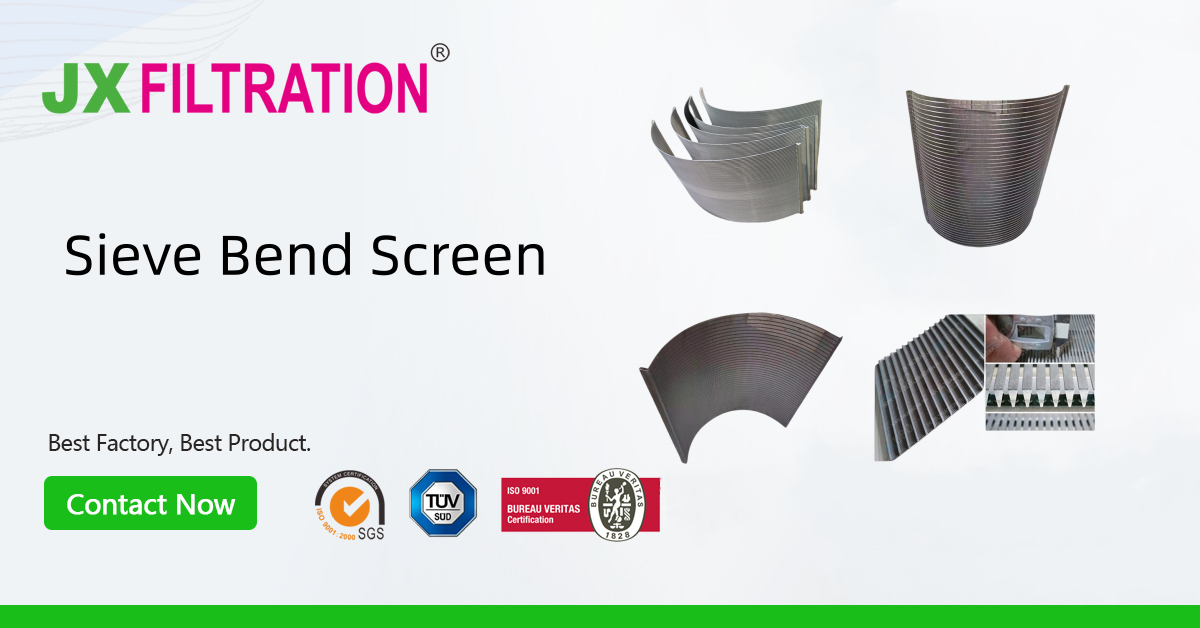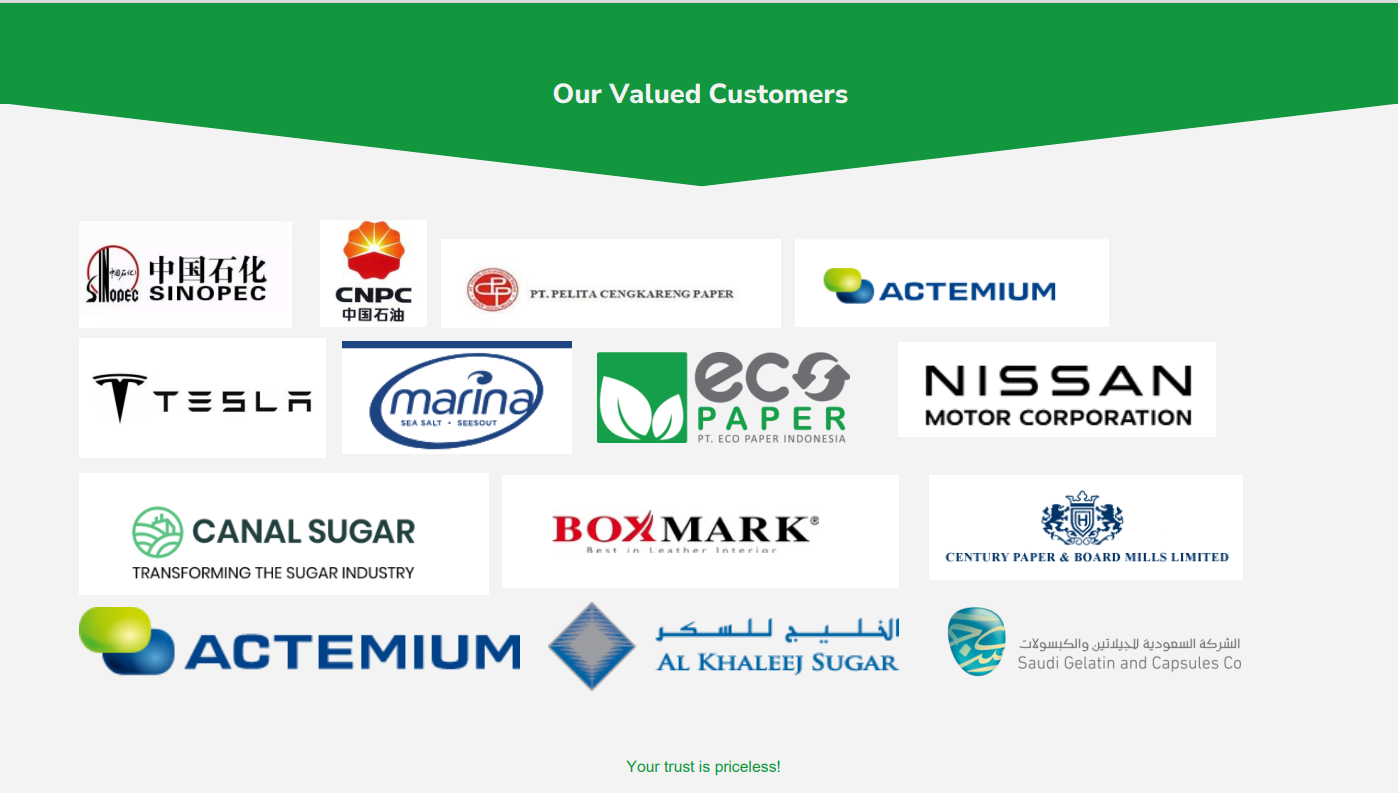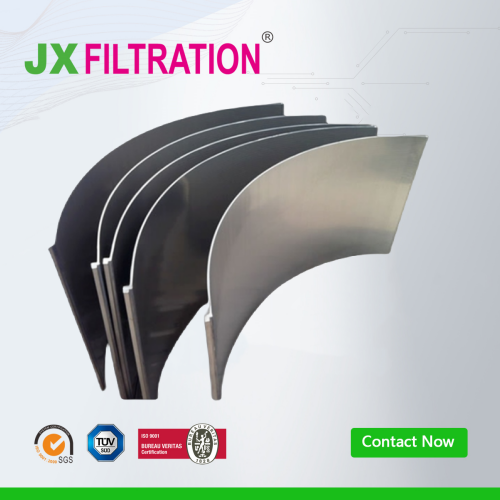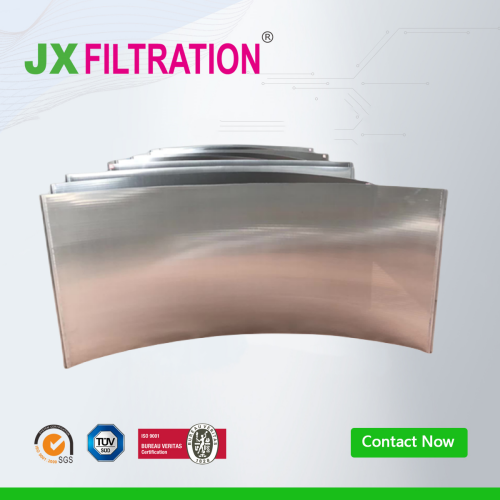The four challenges faced by sewage treatment plants in Winter
Winter's low temperatures are approaching, and sewage treatment plants across the region are about to face a challenging period. They must address issues such as inflow exceeding standards, significant water quality fluctuations, low sludge activity, excess ammonia nitrogen, and issues with secondary settling tanks. Among these challenges, the biological treatment stage poses the most problems, exerts the greatest operational pressure, and is the most challenging to manage and maintain.

Especially for northern sewage treatment plants enduring nearly half a year of low temperatures, the biological treatment capacity plummets rapidly during winter, sometimes leading to system breakdowns. This makes it a tough season for technical personnel overseeing the operation of water treatment systems in the autumn and winter. Achieving the upgraded requirements of Class A or Class IV water quality is a significant challenge—just maintaining stable operation and meeting discharge standards is already a considerable achievement.
During the low-temperature season, the biological system often faces "four challenges":
- Lower temperatures severely impact the metabolism of microorganisms in the sewage treatment plant's biological tanks, leading to a decline in sludge activity.
- The activity of microorganisms involved in denitrification and phosphorus removal processes is influenced by temperature. This results in lower growth rates, increased sludge age, and the loss of these active microorganisms.
- Low temperatures contribute to sludge expansion, particularly by filamentous bacteria, causing sludge bulking.
- Under low-temperature conditions, the metabolic and reproductive abilities of COD-degrading bacteria decrease, directly affecting the efficiency of sugar metabolism. This leads to incomplete metabolism of some sugar substances within the biochemical unit, resulting in higher sludge settling ratios, increased difficulty in separating sludge from water, and a higher probability of mud carryover.
Any Requirements, Contact Us Now!
Kris
Email/Teams: kris@filtrationchina.com
Mobile/Whatsapp/Wechat: +86 18980776200


